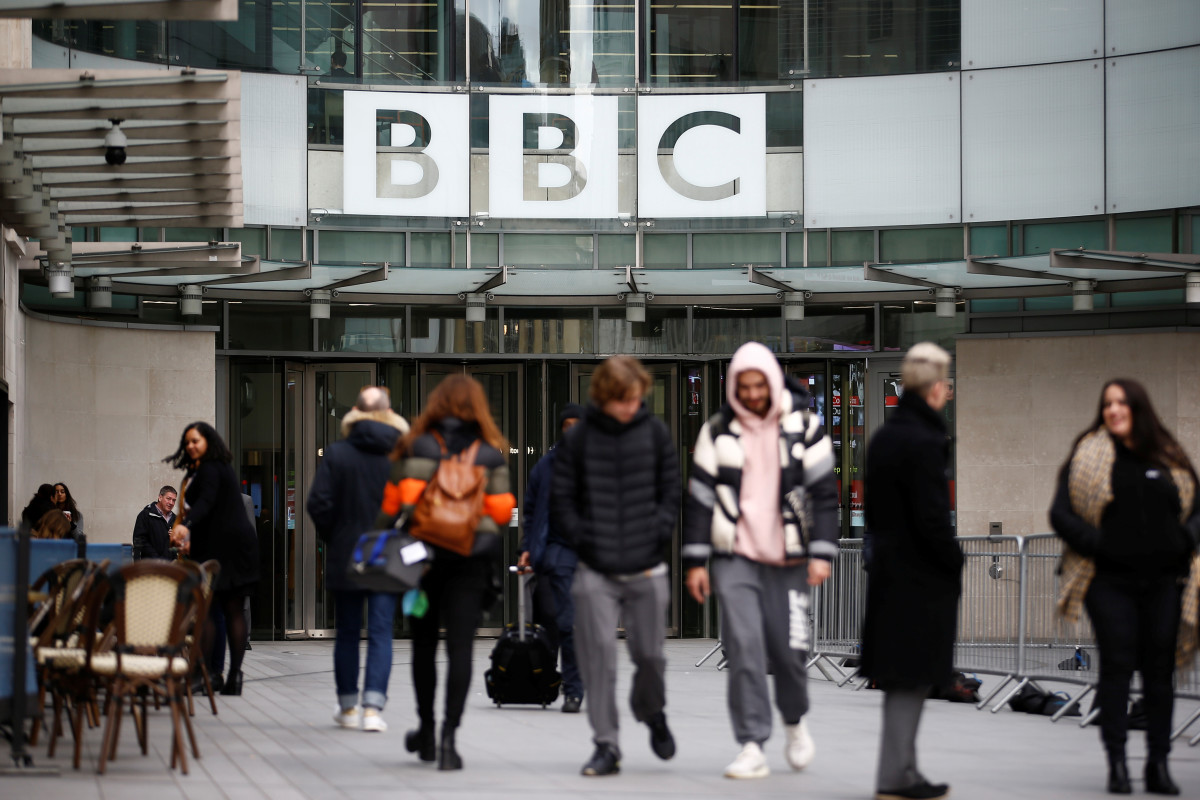The British newspaper ‘Telegraph’ published today (fifth) an investigation about the British broadcasting corporation BBC which continues to provoke criticism for the way it covers the terrorist organization Hezbollah, especially in light of the recent events in the Middle East. Although Hezbollah is defined as a terrorist organization by the UK and many Western governments, the BBC systematically avoids using this definition in its reporting.
In reporting on Israeli attacks in Lebanon and the Iranian missile attack, the BBC avoided mentioning Hezbollah’s status as a terrorist organization. Instead, the network describes Hezbollah as an “armed and political movement”, without emphasizing its status as a declared terrorist organization in the UK. This approach is reminiscent of the storm that arose around the BBC’s refusal to define Hamas as a terrorist organization after October 7.
A sharp warning to Israel: the deadly message that Iran sent alongside the missiles report
24 years later: one of the lynching perpetrators in Ramallah was killed in Gaza
Criticism of the BBC is not limited only to avoiding the definition of Hezbollah as a terrorist organization. The network is also accused of giving a platform to pro-Hezbollah speakers without sufficiently challenging their words. Critics claim that this approach could lead to the legitimacy of terrorist organizations and damage the credibility of the network’s journalistic coverage.
Lord Mann the British government’s independent adviser on anti-Semitism, sharply criticized the BBC’s conduct. According to him, “Hezbollah is a terrorist organization and should always be reported as such. They almost treat it as an army and not as an armed terrorist organization. Iran has just proven that it serves as its branch, so there is no ambiguity here.”
In response to the criticism, the BBC spokesperson claimed that the network is committed to objective reporting and mentions the definition of Hezbollah as a terrorist organization “when it is editorially relevant”. However, this explanation failed to reassure critics, especially among the British Jewish community and supporters of Israel.
The BBC’s conduct in covering Hezbollah raises serious questions about the objectivity and accuracy of the network’s news reports, especially regarding the conflict in the Middle East. This highlights the importance of accurate and balanced reporting in times of geopolitical tension, and sparks a public debate about the media’s role in shaping the public’s perception of terrorist organizations and regional conflicts.

catherineesoto jaysonemccarty | The Quest for Sourdough
Audiodraft Music Composer | jerimiahfherman
hanafrosario – Profile – Encyclopaedia Metallum: The Metal Archives
zanderfwells
Quomon.es
Band Profile – Punk Rock n Roll, Psychobilly, Hardcore, Alternative Music Community – Band and Personal Profiles, Free Mohawk Internet Radio, Free Mp3s, Podcasts and Forums
Member Profile: aliyaevaughan brysoneshepherd | VintageMachinery.org
devanfduke on Doodle or Die
aryanaecampbell jaydanewells on CreativeMornings
Foro Primigenio de Hislibris :: Viendo el perfil
jakobfcastro
henryfharrell’s Profile | Profile view
paizo.com – Paizo People: dakotafrollins
Foro Primigenio de Hislibris :: Viendo el perfil
violetfgonzalez on Doodle or Die
Band Profile – Punk Rock n Roll, Psychobilly, Hardcore, Alternative Music Community – Band and Personal Profiles, Free Mohawk Internet Radio, Free Mp3s, Podcasts and Forums
bradenfgiles’ Profile | Profile view
Artists Directory | Doodle Addicts
rhettfstanton's Profile
Chordie Guitar Chords and Lyrics
walkereandrade e's Profile | RV Parking
Quomon.es
alterfhuber is on akaqa.com – also known as questions & answers.
terrellfhurst – 3D Maker | Pinshape
sydneyfgiles | New Zealand Tramper
LongIsland.com sydneyfgiles's Public Profile
dakotafrollins
jaydenfdavies – Profile – Encyclopaedia Metallum: The Metal Archives
tristianfchurch – Furvilla
barrettfhess's SMITEFire Profile: SMITE Community Profile